Legacy Control System Migration
Cross Company Legacy Control System Migration
Legacy control system migration is, or at some point will be, a very important topic for every manufacturing facility. According to recent statistics, $65 billion worth of installed legacy process control systems have reached the end of their reasonable life cycle. Many companies do not have the financial resources to perform a complete replacement of equipment or the technical resources to develop a strategy for migration and replacement to more current technologies.
Cost-Effective Migration Strategy
Cross Company has proven experience in migrating legacy hardware and software systems. Our proven process begins with a risk analysis and site review and discussion with our customer to discuss the end goals and critical aspects of each application. We have the knowledge and expertise to extract the critical information from the existing configurations, graphics, and documentation and even your experienced operations and engineering personnel, a critical area of knowledge often overlooked.
Based on this assessment, we guide our customers through specific recommendations on a migration path best suited for your requirements to minimize cost, risk, and associated downtime.
From a simple HMI upgrade to a GMP validated system and even development of a five to ten-year migration plan for an entire facility, Cross Company can provide complete planning, engineering and commissioning to guide you through this process to successfully achieve your migration and business objectives.
Legacy hardware migration
Software system migration
Extensive documentation
Risk minimization
Benefits Of A Legacy Control System Migration
Taking advantage of presented opportunities to migrate to more efficient, modern control systems is rapidly becoming a key factor in the success of many within the process industry. Acting proactively and migrating legacy systems is becoming a far more profitable strategy than reactively repairing frequently-braking systems.
The benefits of migrating from an outdated legacy system include increased throughput, lower costs, and improved product quality.
Increased Throughput
A legacy control system will be less efficient than a modernized, upgraded system. While a legacy system may be meeting production goals for the time being, every year that passes poses increased risk of drops in quality, efficiency, and revenue. Don’t get left behind by competitors due to an obsolete control system.
Lower Costs
While migrating an industrial control system may be a significant one-time cost, the long-term benefits may largely outweigh the initial investment. Enhancing control system performance and consolidating operating consoles through an effective migration has wide-reaching effects. One of these being lower costs.
Improved Quality
A modernized control system will have a greater capability to produce higher quality products. While quality goals may be met with a legacy system, upon migration quality goals may not just be met. They may be exceeded. And this increase in performance and quality can be the competitive advantage your process needs.
Supported Platforms
Cross Company has successfully performed upgrades to current supported platforms from the following legacy systems.
- ABB Mod 30 Mod 300
- Allen Bradley SLC 500, PLC2, PLC5
- GE FANUC, 9030, 9070, PAC Systems RS3i
- Honeywell UDC 2500, 3200, 3500
- Siemens Moore APACS, S5, S7, TI 505
- Sixnet EtherTRAK, VersaTRAK RTU’s
- Square D PLC’s
- Fisher Provox S10 and S20 series IO
- Bailey Net 90 and INFI 90
- Foxboro SPECTRUM or SPEC 200
- Rosemount RS3
- Virtually any other brand of PLC/DCS
- Wonderware
- Iconics
- Citect
- Factory Link
- Cimplicity
- Indusoft
- Fix 32 and IFIX
- RSView 32 and legacy Panelviews
- Proprietary and Visual Basic HMI’s
Our Turn-Key Services Include
Design specification development
Functional specification development
Migration analysis and recommendations
Cost analysis for migrations
Batch conversions in accordance with S88
Network upgrades – serial and legacy communication upgrades
Platform evaluations and comparisons
System configuration and application conversion
Project documentation
UL508A Panel design and build
Acceptance testing
Startup and commissioning services
Why Migrate Systems?
If your computing software or hardware is out of date but still in use, you have a legacy system. Many industrial manufacturers in the process industry will put off a system migration, associating them with downtime and reduced revenue.
However, the drawbacks of using a legacy control system may occur sooner than long-term projections. As more and more production time passes, the drawbacks of a legacy control system only compound. In an industry where keeping uptime high and processes moving is crucial, these compounded decreases in efficiency may be driving your production speed and quality down a little more each day.
There’s also the concern of obsolescence. If never migrated, there will come a time when your manufacturing control system moves from out-of-date to obsolete. As obsolescence concerns increase (in the form of technical, function, or supply obsolescence) and availability of parts dwindle, the cost of repair will rise. Eventually, it may become impossible to repair the legacy system within budget. Then a full migration may become mandatory.

Certifications
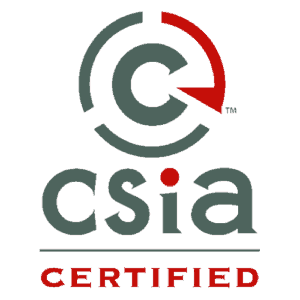
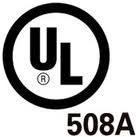
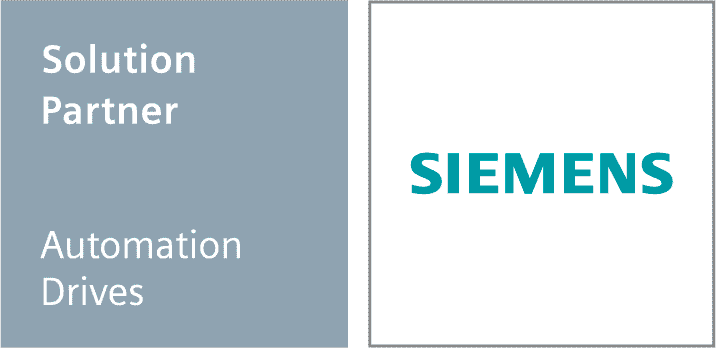
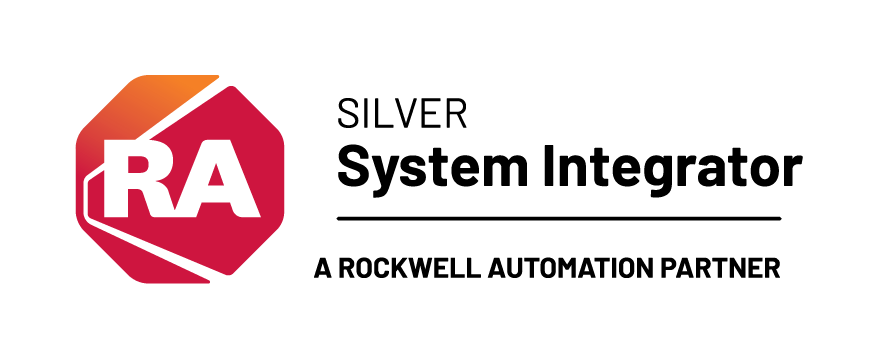
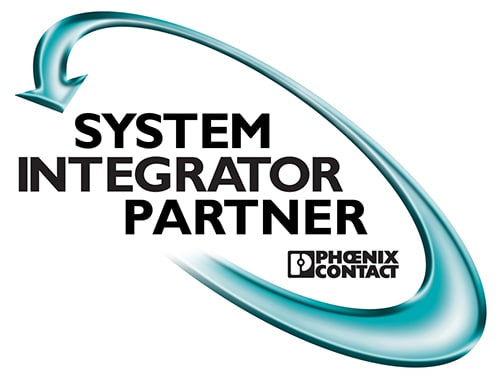

The Risks And Rewards Of Migrating
In general, the risks of maintaining a legacy control system are far greater than the rewards of migrating.
One of the main risks of maintaining a legacy control system is the inability to meet emerging demands in the process industry. If your control system and processes are stuck in decades-old production methods, it becomes increasingly difficult to meet the demands of an evolving industry.
That’s just taking into account the control system hardware. Legacy control software also poses a direct threat to process plants in the form of critical security vulnerabilities. Obsolete software may no longer have access to the technical support it needs to remain secure. This puts it at greater risk for compromises in software security.
The rewards of migrating control systems initially come in the form of increased flexibility. Being able to meet the changing demands of your industry while maximizing plant efficiency is a recipe for success.
A main consideration when deciding if it’s worth migrating to a modern control system is deciding if you want to maintain current efficiency and production levels (for now), or invest in the future of your processes. Investing in a brighter future is always the smarter move.
Why Cross Legacy Control System Migration?
At Cross Company Process Solutions, we consistently provide world-class support for process manufacturers and applications across various sectors, including industrial, commercial, and municipal. Our commitment to excellence is underpinned by a wealth of experience that spans decades, allowing us to navigate the intricacies of even the most complex projects and provide comprehensive solutions designed specifically for them.
Our industry-leading technical knowledge sets Cross apart in the field, enabling us to craft solutions that aren’t just cutting edge, but also tailored to the unique needs of each customer. This, coupled with our world-class customer support, is what truly sets Cross apart.
When you work with Cross Company, you’re not just getting a comprehensive solution for your process application. We aim to build lasting partnerships, working by your side as an extension of your own team. When you choose Cross Company Process Solutions, you’re not just choosing a service provider; you’re choosing a trusted ally on your journey to process excellence.

Related Solutions for Process Applications
At Cross, we offer much more than just legacy control system migration. We can also provide the solutions our process manufacturing partners need to succeed. Check out our other process solutions equipment and see for yourself.






